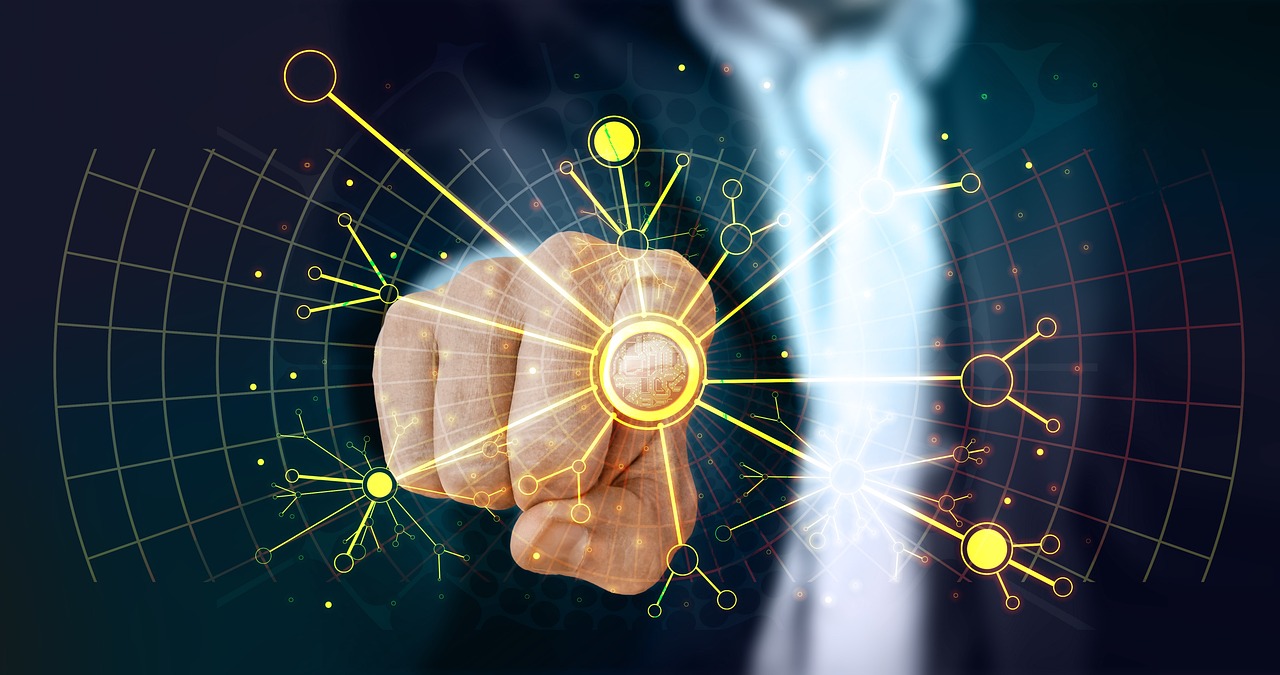What is Artificial Intelligence?
Artificial Intelligence (AI) is a rapidly evolving field that focuses on creating machines capable of performing tasks that typically require human intelligence. This includes activities like learning, reasoning, problem-solving, understanding natural language, and perceiving environments. AI has become a transformative force in various industries, from healthcare to finance, and its applications continue to expand as technology advances.
History and Evolution
AI has roots in early computer science and mathematics, evolving from simple algorithms to complex neural networks and machine learning models.
Types of AI
AI can be categorized into narrow AI, which performs specific tasks, and general AI, which aims to replicate human cognitive functions more broadly.
Machine Learning
A core component of AI, machine learning involves training algorithms on data so that they can make predictions or decisions without being explicitly programmed for the task.
Ethical Considerations
As AI grows more powerful, it raises ethical questions around privacy, bias, and the potential impact on jobs and society.
Introduction to AI

